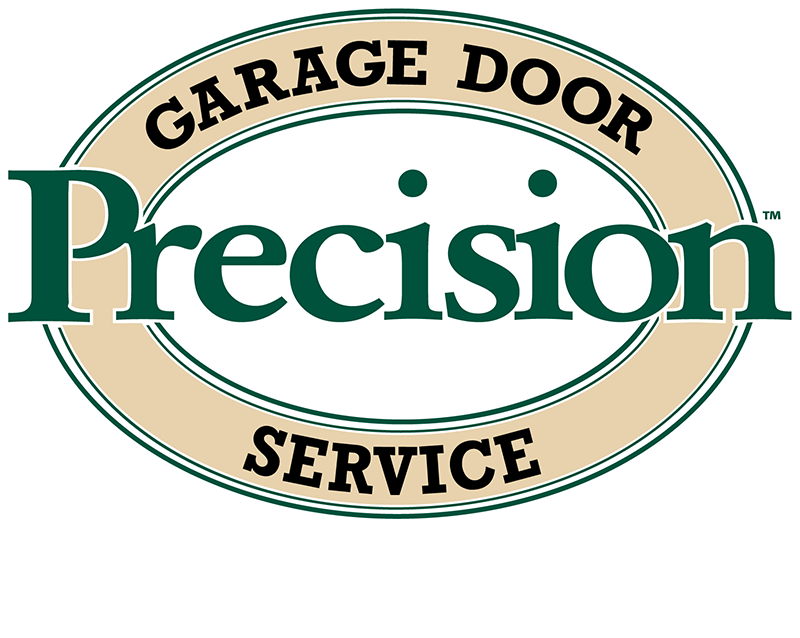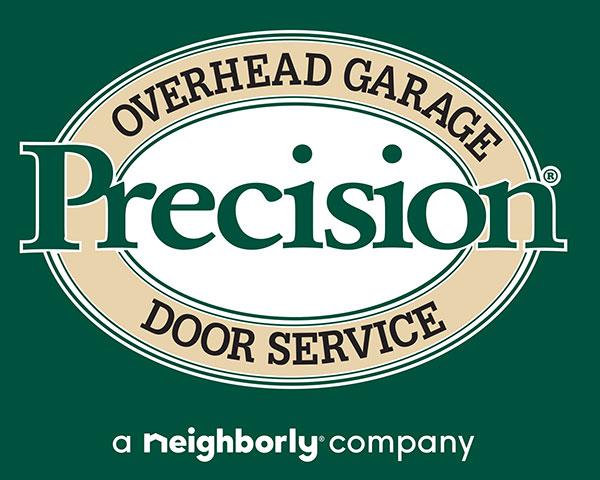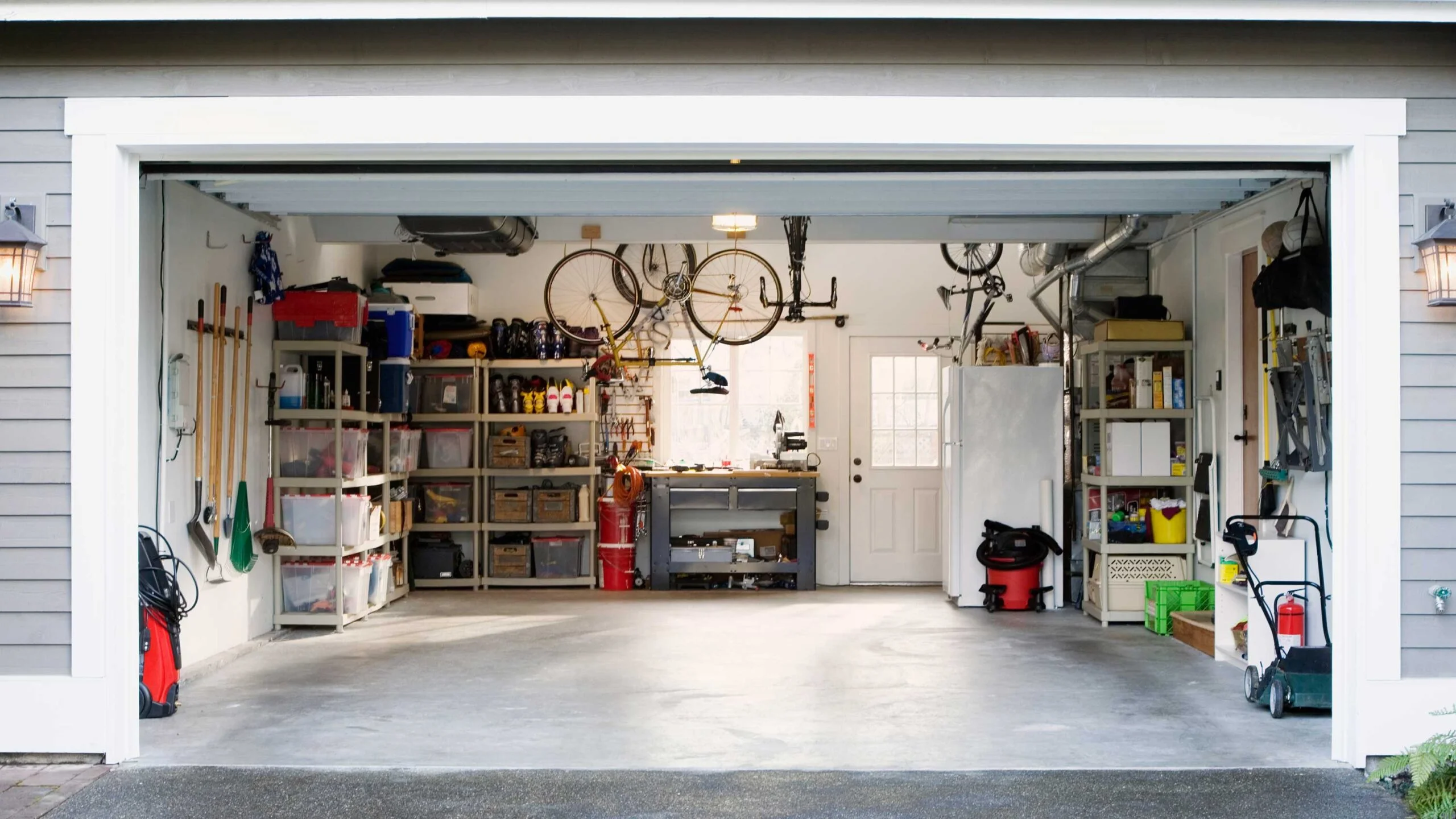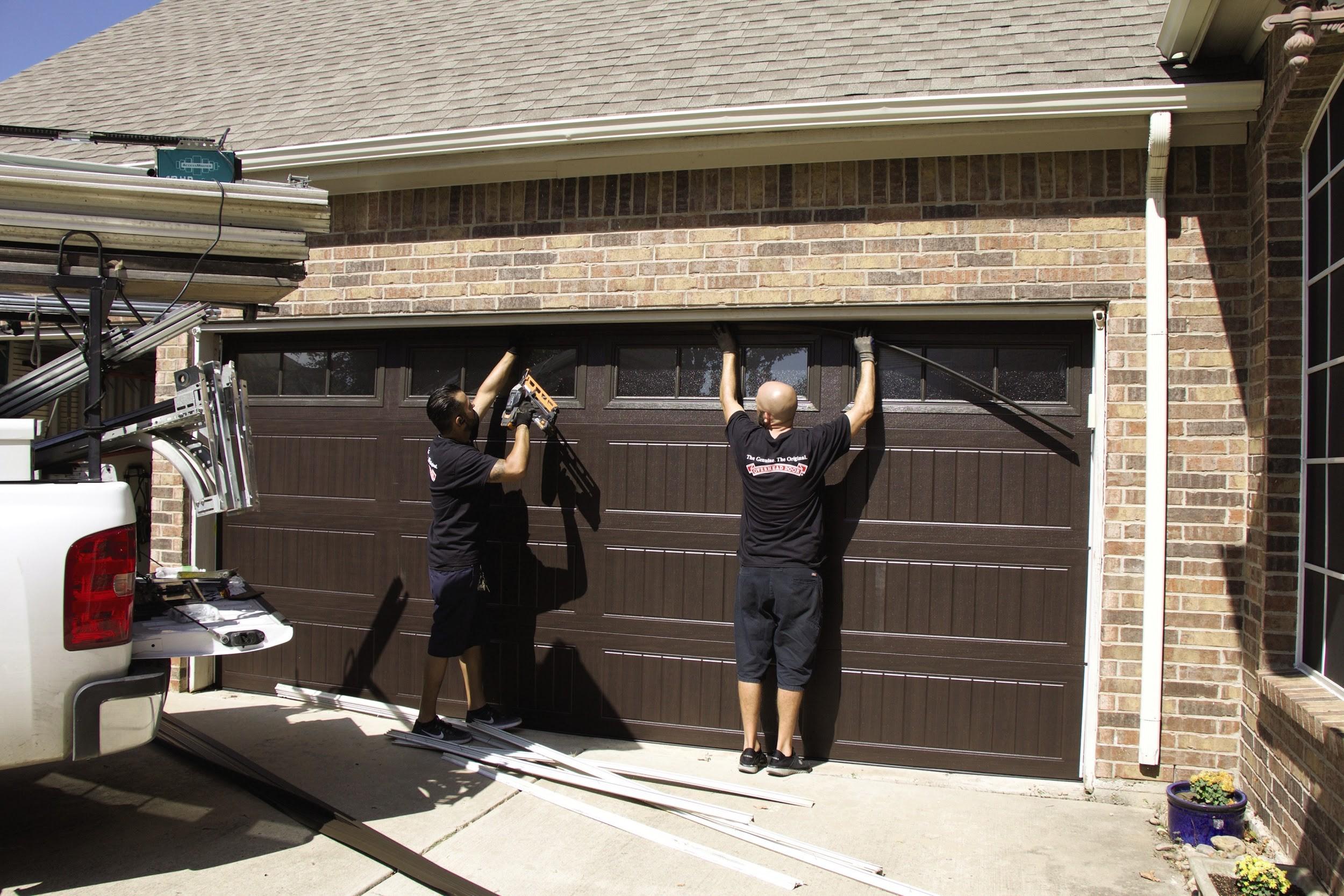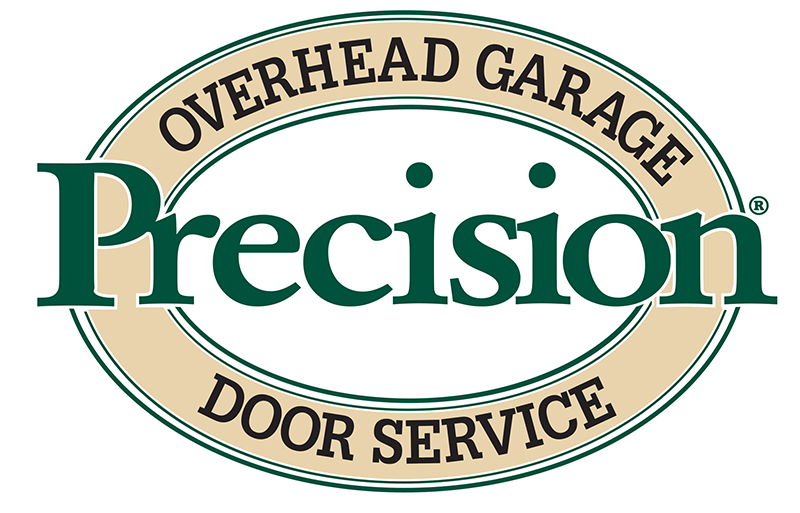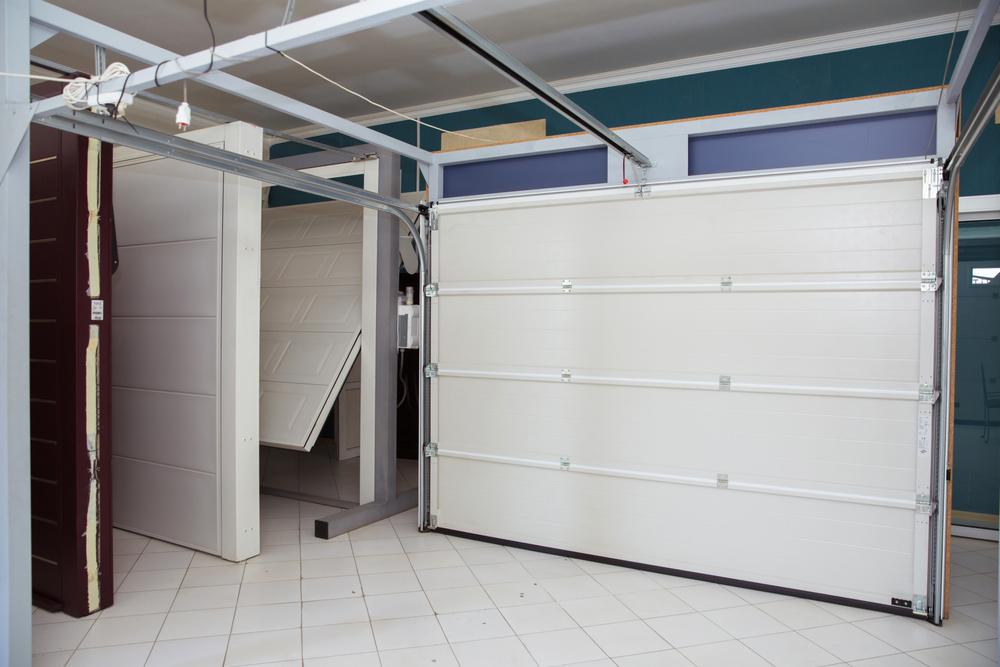 Which Precision Door Material Is the Easiest to Repair, Clean and Maintain?
Which Precision Door Material Is the Easiest to Repair, Clean and Maintain?
Your Precision Door needs to be strong, sturdy and repairable all at once. Achieving these starts with an understanding of how garage doors work. Material plays a large factor in the movements and strength of your door. Essentially, you can’t accept just any material if you want specific results that will last. The materials of your door can be upgraded during a Southern California garage door repair, but you don’t have to wait for an all-out failure first. Call your professional at any time, and ask about which new materials for your garage door can help.
Common Types of Materials for a Precision Door
Plastics, metals and woods are the common materials used for garage doors. Each has its benefits and drawbacks. Ultimately, your specific needs dictate which material is better than others, but some materials play a universal role. Expect metal doors to be heavier and stronger. Wood doors create very artistic impressions that remain in our memories. For work sheds or smaller garages, plastic works to seal the garage with very little material used. This material is lightweight and flexible. Its individual panels reduce the likelihood of an entire door breaking.
Now for the Wonders of Steel
To get the most benefits, steel is often the central resource used by garage door contractors. The price and value of the materials you use depend on their amounts and where. Some of your joints, for example, could be made from steel while the door panels are wood or synthetics. The reliability of steel makes it useful throughout your entire garage. It can be used to form the frame of your garage’s opening as well as the frame of your door. When steel is used for the panels of your door, then you can rest assured that a durable, impenetrable material is being installed.
No Delamination, Cracking or Warping
Delamination happens when wood, for example, peels off as separate layers though it was installed as a whole panel. You might see delamination when plastic is stripped into multiple strands from a single piece. Steel doesn’t delaminate over time nor under high pressures or weights. Cracking is another force that steel can withstand. Instead of weakening due to use or weather, steel repels the elements that cause cracking to occur. The ability of steel to withstand warping has to do with its tolerance to heat. To change the chemical bond of steel, you need to raise temperatures to 400 degrees Fahrenheit. This is beyond the sun’s typical capacity.
A Suitable Solution for Rust
This all depends on the type of steel that your precision door is made from. Carbon steel will rust over time even if it’s mild and often not apparent. Chromium, however, when bonded into steel, creates the rust-proof stainless steel you’ve heard about. Your steel needs at least 10.5% of chromium to qualify as rust-proof. Other compounds like carbon can only exist at 1 percent or less. Galvanized steel is also protected from common rust. This steel, with the help of zinc, is coated with a drying agent that binds to the steel and makes its outsides nearly impenetrable.
Your Unlimited, Lifetime Warranty
Steel is such a reliable compound that manufacturers tend to offer life warranties for their steel products. The difference between your product and labor warranties won’t affect how long your steel warranties will last. When your products have lifetime warranties, contractors often match that warranty to cover any labor liabilities. This is only possible because steel continues to prove its resilience. Common steel structures last over 50 years with 100 years being an easy feat. The scope of your warranty is based on the percent of steel that your door is constructed with.
Design, Décor and Appeal
Your need for a garage door repair in Santa Maria is less likely when working with steel. Likewise, making an upgrade to your door with steel parts is a great idea. Steel is moldable, which means that you can form it into any design feature. The integrity of your home’s décor should be seen within the appeal of your garage. Doing renovations with steel is simplified because it can adapt to your structural or artistic needs. Steel is a compound that can be polished, buffed, coated and painted. Leaving it raw for a rustic appearance is also popular.
Lower-Maintenance Needs
Your Precision garage door should be reliable, and that means you shouldn’t be forced to constantly attend to it. Using and then forgetting your garage is ideal. The low-maintenance needs of steel are a testament to the potential you have. The common garage appliance lasts for up to 15 years. Steel gives you even more time, but you need to be specific about the gauge. Steel gauges measure the thickness of the panels or bars you use. The lower the number, the thicker the gauge is. Fourteen-gauge, for example, is thicker than 16-gauge steel.
At a Bargain Price in Public Markets
Precision Doors that use steel can still be bought at competitive prices. What you need is to assess your needs, the space you have and your budget. Utility should be your focus when gauging what your project is worth to you. Keep in mind that steel doesn’t have to be used for the entire door. Steel edges on top of wood look great and these steel borders help the wood to last longer. The hinges your door uses can be made from steel along with your guide tracks and drum cables. The shape and design of your door are, therefore, in your hands when using steel.
Making a Final Choice About Your Garage Door
Wood is a beautiful material, but it’s subject to decay. Plastics can also be appealing, but they are lightweight and tend to warp over time. What’s considered the best material is ultimately based on your needs. Garage doors in Southern California come in all shapes and sizes, and using steel doesn’t take away this flexibility. The amount of steel you use, where and why have to be considered. You can buy doors that already have the mix you need or customize one from scratch. No matter what you do, the durability of your steel will be functional for years to come.
